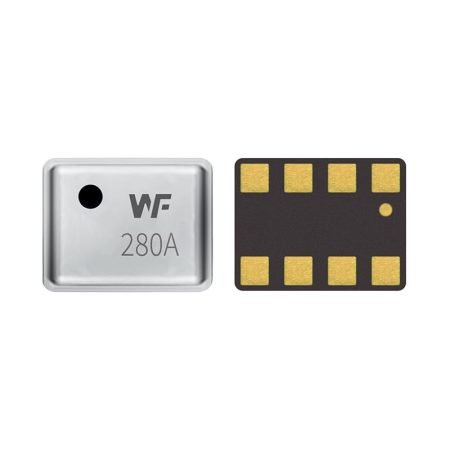Catalogue
Pressure sensor sensitive elements are inherently non-repairable due to MEMS technology limitations, irreversible packaging processes, and cost-effectiveness considerations.
Technical Sensitivity and Fragility
High precision
Sensors (e.g. optical, MEMS, pressure sensors) are high-precision components. During transportation or disassembly, external factors such as vibration, static electricity or humidity can degrade or damage their performance.
Calibration invalidation
Many sensors are professionally calibrated before leaving the factory. Any dismantling or non-professional intervention will destroy the calibration data, and even if reassembled, the original accuracy may not be recoverable.

Cost and Feasibility
High repair cost
Repairing sensors requires specialised equipment and environments (such as cleanrooms). The cost of repair may approach or even exceed that of replacing the element altogether.
Irreversible packaging
Some sensors employ sealed casings (e.g. submersible pressure sensors). Forcibly opening them destroys the structure and renders them irreparable.
Difficulty in Assigning Quality-Related Liability
Usage risks
Sensors can be damaged by incorrect installation (e.g. over-pressure, reverse polarity) or environmental factors (corrosion, high temperature). Manufacturers find it hard to establish whether a fault is due to product quality or user error, and returns can easily lead to disputes.
Industry Practice and Policy
One-off design
Many consumer-grade sensors (such as the gyroscopes in smartphones) are designed to be non-serviceable, with entire modules replaced rather than individual parts.
Prevention of reverse engineering
Some manufacturers adopt “no return, no repair” policies to protect proprietary technology and limit product circulation.
Restrictions on Special Sensor Types
Biochemical sensors
Sensors exposed to chemical or biological samples (e.g. medical sensors) may be prohibited from return due to contamination risks.
Safety-critical components
In automotive or industrial applications, repaired sensors may pose reliability hazards. Manufacturers therefore favour complete replacement.
Recommendations for Users
Check policies before purchase
Choose suppliers who offer clear technical support and understand the scope of their warranty.
Obtain professional testing
If you suspect a fault, use the manufacturer’s authorised testing procedures rather than attempting your own dismantling.
Consider module replacement
Where feasible, replace the entire sensor module rather than attempting chip-level repairs.
Conclusion
In short, the characteristics of sensor components determine that their after-sales policy is more inclined to « replacement instead of repair », which is the result of a trade-off between technology, cost and risk.
L’introduction ci-dessus ne fait qu’effleurer la surface des applications de la technologie des capteurs de pression. Nous continuerons à explorer les différents types d’éléments capteurs utilisés dans divers produits, leur fonctionnement ainsi que leurs avantages et inconvénients. Si tu’D Like plus de détails sur ce’Comme discuté ici, vous pouvez consulter le contenu associé plus loin dans ce guide. Si vous êtes pressé par le temps, vous pouvez également cliquer ici pour télécharger les détails de ce guide Données PDF du produit du capteur de pression d'air.
Pour plus d'informations sur d'autres technologies de capteurs, veuillez Visitez notre page de capteurs.
